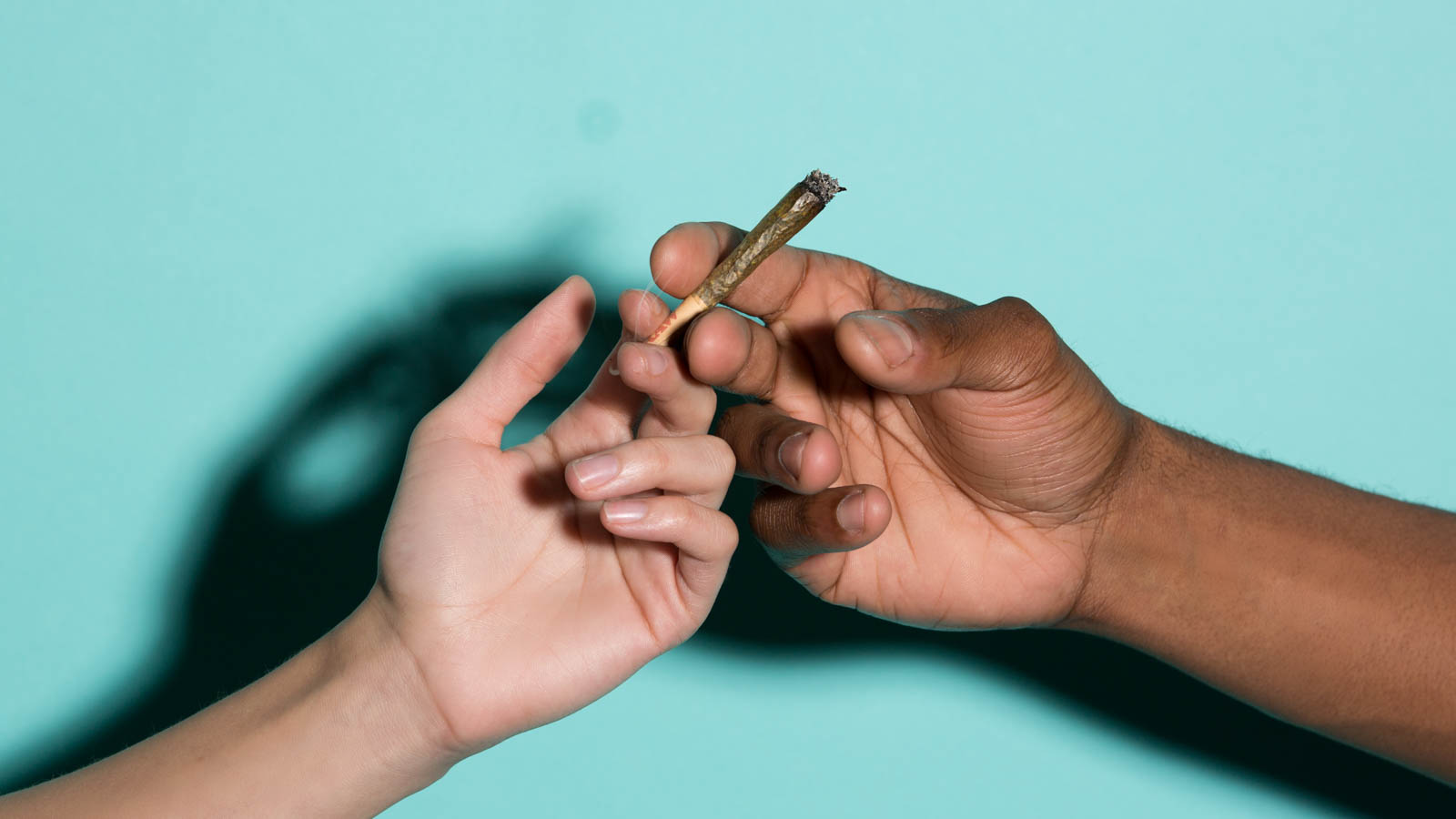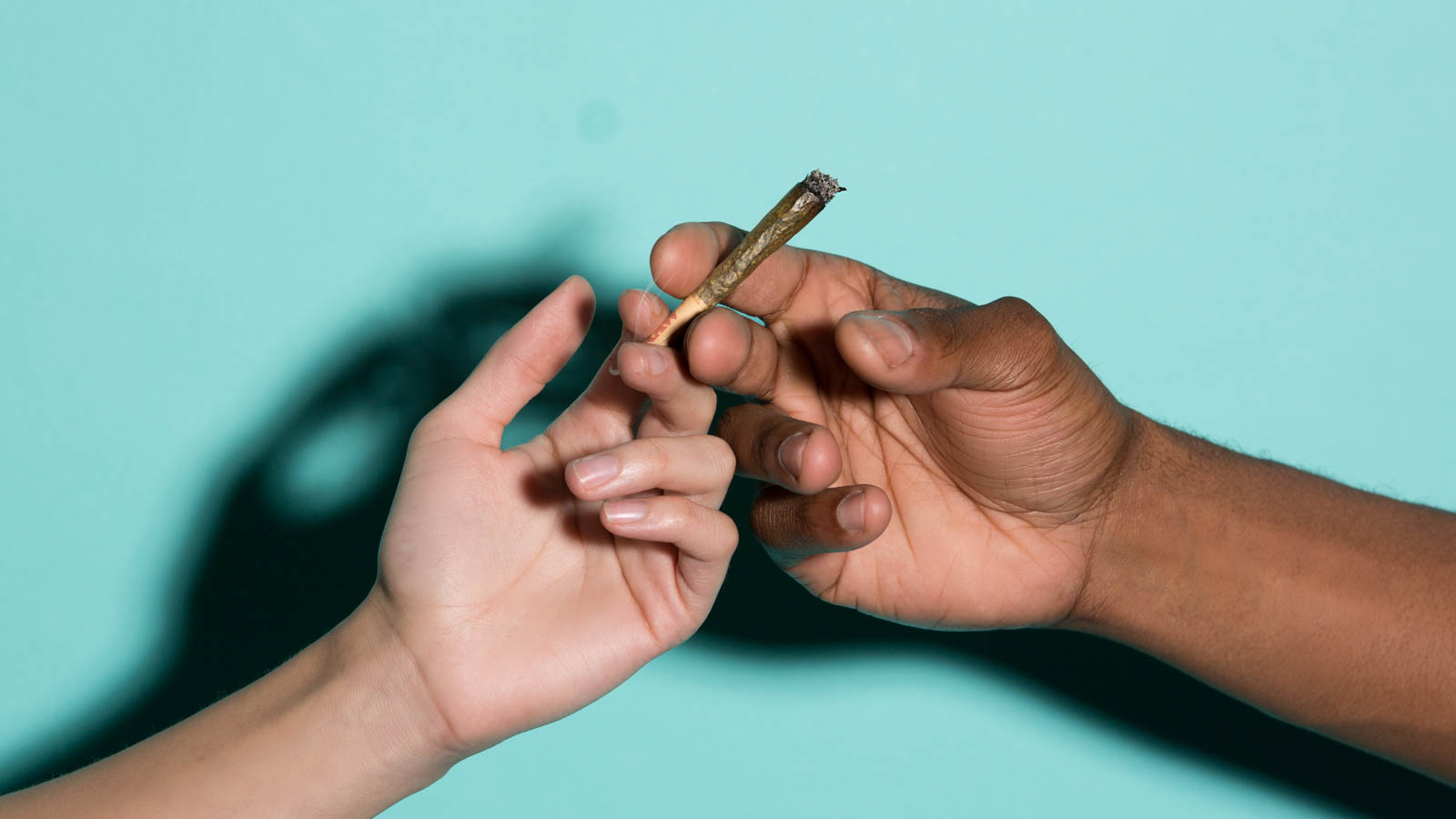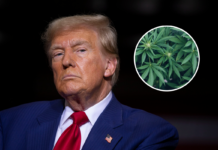
Researchers found no direct association between cannabis use and psychosis among high school students in Spain, a new study suggested.
The potential association between cannabis use and psychosis gained renewed interest after the publication of several articles on the topic in mainstream media, such as the New Yorker’s “Is Marijuana As Safe As We Think?” piece, written by cultural pundit Malcolm Gladwell and published on Jan. 14, 2019.
By its design, the cross-sectional Spanish study could not make claims about causality, merely that certain phenomena showed up together. In medical research, a cross-sectional study is a type of observational research that analyzes data from a population, or a representative subset, at a specific point in time.
Nonetheless, the study adds important evidence to the debate over a supposed link between cannabis and psychiatric problems, a controversy that has resurfaced as U.S. states contemplate legalizing recreational cannabis.
“After adjustment for confounders, psychotic-like experiences were not seen to be associated with cannabis use,” the study stated.
What This Study Tells Us About Cannabis and Psychosis
The study, published in the Barcelona-based academic journal Adicciones on May 1, 2019, suggests that relationships established between psychotic-like experiences and cannabis are complex and mediated by relevant variables, including a genetic predisposition. At the same time, they did find evidence that cannabis was associated with heightened emotional and/or behavioral problems that, in turn, were associated with psychotic-like experiences.
“It seems that…the use of cannabis increases the risk of comorbid psychopathology and this, in turn, increases the risk of psychosis,” the authors stated in the study’s abstract.
“Once we adjusted the data for extraneous factors [confounders], the [direct] association cannabis-psychotic experiences disappeared,” lead author Eduardo Fonseca-Pedrero wrote in an email to Weedmaps News.
The findings detailed in the study seemed to confirm that, for adolescents experiencing the sort of psychiatric problems that could presage later mental illness, cannabis use — like smoking cigarettes and air pollution — could be an aggravating factor.
These cautious conclusions, nevertheless, are a far cry from the March 20, 2019, Esquire headline that posed “Smoking Weed Increases Your Chances of Developing Psychosis” or other reports that claim psychosis is a side effect of marijuana consumption.
The researchers used a battery of psychological and cognitive tests as well as questionnaires on demographic information and self-reported substance use, both lifetime and recent, among a random sample of 1,588 teenagers in Spain’s La Rioja province.
They applied mediation analysis, a statistical method that tests for an indirect relationship between two variables that are not directly associated via a third, or a “mediating” variable, to obtain the resulting data.
In this case, while finding no association between cannabis use and psychotic experiences, the researchers did find that cannabis use was linked to behavioral and emotional problems, which in turn was linked to “psychosis-like” experiences that could signal a possible future psychiatric diagnosis.
Virtually everyone acknowledges the greater potency of current cannabis products with far higher levels of THC, and its effects have gone largely unstudied due to government restrictions on research into the plant, still federally categorized as a Schedule I drug.
While cannabis research remains controversial, research scientists are generally prudent about drawing conclusions from limited studies. A tentative consensus may be developing that, while cannabis doesn’t cause mental illness, among adolescents predisposed genetically to certain psychiatric diagnoses such as schizophrenia, heavy cannabis use could be a contributing factor.











